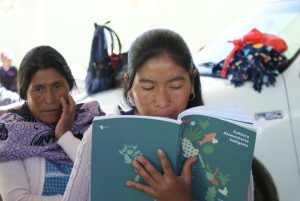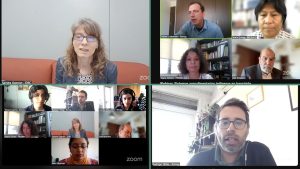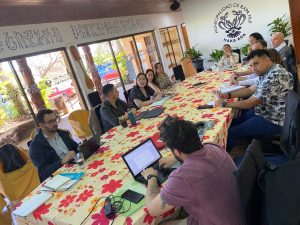The publication edited by Rimisp continued its route through Latin America with meetings in the Sierra Norte de Puebla and...
Rimisp participates in congress on Water Insecurity in Latin America and the Caribbean
Rodrigo Yáñez, Director of Rimisp’s Chile Office, was present in Cuernavaca, Mexico, during the 20th Congress of Public Health Research (CONGISP).

With the participation of important deans of schools of public health from the United States and experts in public health and water safety from Mexico and Latin America, the 20th Congress on Research in Public Health (CONGISP)was held at the headquarters of the National Institute of Public Health in Cuernavaca, Mexico, from March 3 to 7.
The CONGISP Pre-Conference, entitled “Water Insecurity in Latin America and the Caribbean: New Research, Methodological Innovations, and Public Policy Opportunities,” was held within the framework of this event.. Rodrigo YáñezRimisp’s director in Chile, participated in the panel entitled “What are the main challenges and opportunities of water insecurity from your institution’s perspective?”. The session was moderated by Hugo Melgar Quiñones of McGill University and was attended by representatives of UNICEF, FAO, the Caribbean Public Health Agency, the National Institute of Hygiene, Epidemiology and Microbiology of Cuba, and the Observatory of the Right to Food in Latin America and the Caribbean in Uruguay.
“The panel in which I participated showed concrete examples of how water scarcity affects human life. I addressed some concrete cases of rural Mexico, Guatemala, Bolivia and Chile where water scarcity is manifested and why it is important to address it in a regular and consistent manner through globally shared indicators”, said the Director of Rimisp’s Chile Office.
Water Insecurity: A Growing Challenge
Water insecurity refers to the inability to access and use water reliably to meet basic human needs such as drinking, cooking and bathing. This situation has been assessed using the WISE Scales in 40 middle-, low- and high-income countries. The global results show significant disparities in prevalence. For example, Brazil has a moderate to severe prevalence of water insecurity of 16.1%, while Guatemala has 24.2% and Honduras 47.2%.
During the congress, the new Latin American and Caribbean countries that will be included in the next Gallup World Poll using the WISE Scales were announced. Among these countries are: Argentina, Bolivia, Chile, Colombia, Dominican Republic, El Salvador, Jamaica, Panama, Uruguay and Venezuela.
For Rodrigo Yáñez, the fact that more countries are joining the effort to mediate water insecurity is very good news: “What matters now, is that researchers make use of this data to show gaps and ways in which the dynamics of water insecurity occur among many other issues. And with this mobilize the attention of the public and private sector to invest in concrete actions and improvements that contribute to improving the quality of life of the most vulnerable sectors.”
WISE-LAC: A regional network to combat Water Insecurity
The Research Network on Experiences of Water Insecurity in Latin America and the Caribbean (WISE-LAC)) is a regional initiative aimed at generating comparable data, research tools and public policy options to collectively address this challenge. In this context, the WISE Scales manuals were presented at the congress and a web page was launched that will bring together resources in Spanish on water insecurity, aimed at academics, decision-makers, civil society, the press and the general public.
Translation by: Alexandra Kerangal Macé
News
Country News
Rimisp webinar addresses the future of indigenous food systems
The closing event of the "Networks for Agrifood Transformation" project offered a space for dialogue on the projections and challenges...
Chile: The formulation of the Extreme Zones Development Plan advances in Rapa Nui
An intense week of work included meetings and workshops with local stakeholders to review and complement a preliminary ten-year investment...
Subscribe
Our offices:
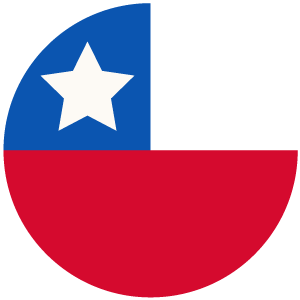
- Chile: Huelén 10, Providencia, Santiago, Metropolitan Region (+56-2) 2236 4557 | Fax (+56-2) 2236 4558.
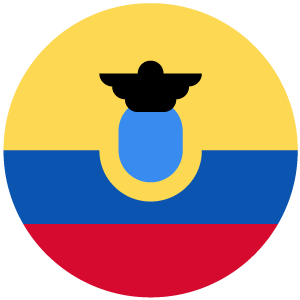
- Ecuador: Czechoslovakia E9-95 between Switzerland and Moscow. Eveliza Plaza Building. First floor. Quito. (+593-2) 5150144.
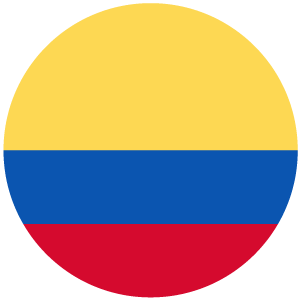
- Colombia: Carrera 9 No 72-61 Office 303. Bogotá. (+57-1) 2073 850.
